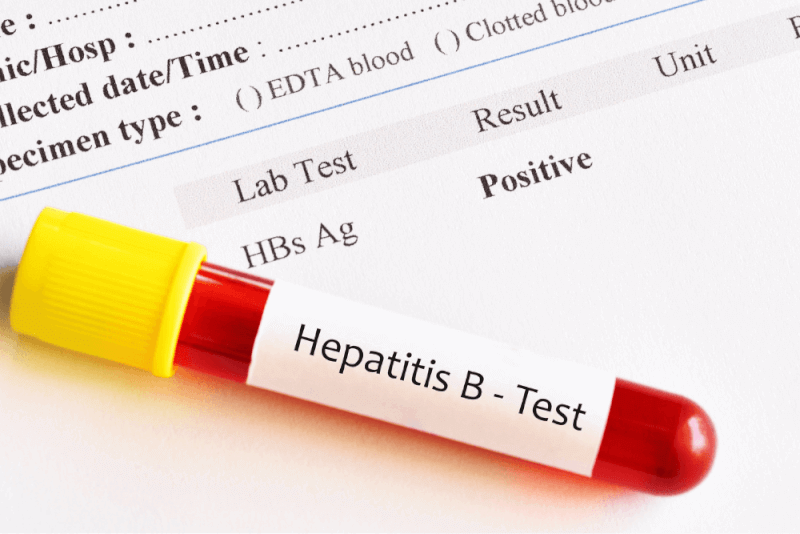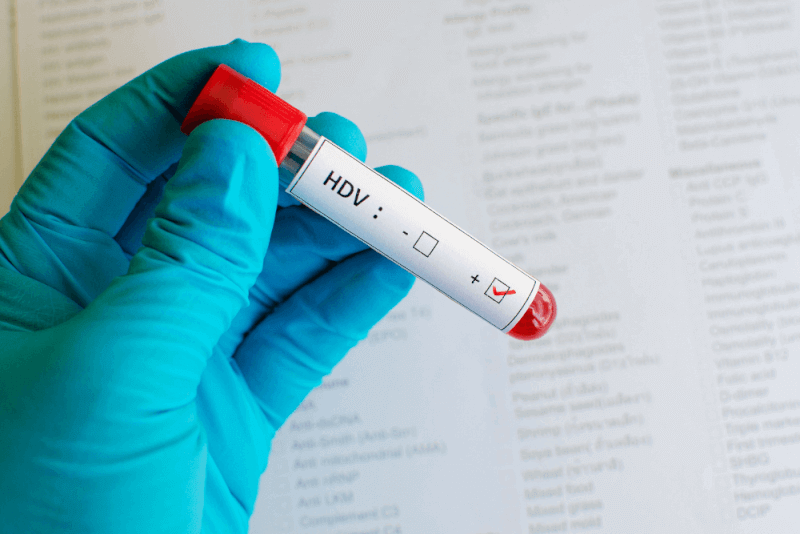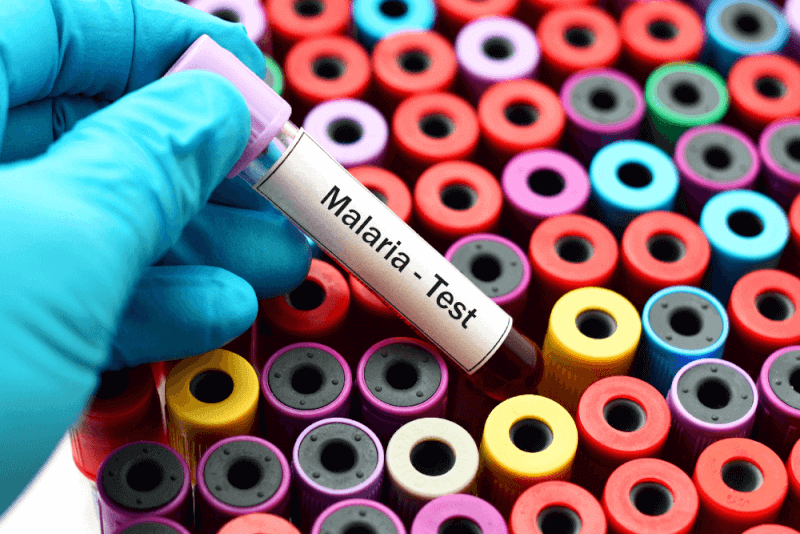Hepatitis A, characterized by jaundice, is a disease caused by a virus that affects the liver. Since it is usually transmitted through feces, it can be easily transmitted through unclean drinking water or food that has been washed with such water. Because of this feature, the greatest protection against the disease is provided by hygiene.
It is especially common in childhood in developing countries and in young adulthood in developed countries. According to the World Health Organization, 1.4 million people are diagnosed with hepatitis A every year.
In our country, Hepatitis A vaccine is included in infancy vaccines. Since it is administered in two doses, it provides lifelong protection.
On the other hand, patients with Hepatitis A infection are naturally protected. Hepatitis A symptoms, which start with flu-like symptoms, usually disappear within a few months, but rarely cause liver failure in some patients.
Hepatitis A is a disease that rarely causes death. However, if it is transmitted to people over the age of 50, or if it occurs in people with hepatitis b or c, it can cause liver failure and therefore death.
How is Hepatitis A Transmitted?
Hepatitis A is transmitted through feces. It can therefore occur in anyone who has come into contact with the feces of an infected person. Hepatitis A can spread rapidly between people, from the hands of people who come into contact with the feces of an infected person to all kinds of objects and from there to people.
People who have not been vaccinated for hepatitis A are at risk. Therefore, if there is even microscopic contamination from the feces of infected people, there is a risk of transmission to other people. In particular, consuming contaminated food unwashed or raw increases the risk.
In addition, the disease can be transmitted to other people when patients’ personal belongings are contaminated with their feces. Hepatitis A is transmitted by swimming in pools that have not been properly cleaned, not washing hands properly and regularly, using infected water, consuming infected water, eating water products from contaminated water without cooking them sufficiently, and anal sexual intercourse.
Hepatitis A Symptoms
Some people with hepatitis A have no symptoms at all. This causes the disease to spread faster. Patients with symptoms have flu-like symptoms. Symptoms of hepatitis A usually appear 2-6 weeks after infection with the virus. Healed in less than 2 months, hepatitis A usually does not cause any damage to the body. On the other hand, in about 15% of patients the disease persists for up to 6 months. 70% of children over 6 years of age do not show any symptoms.
- Fire,
- Fatigue,
- Abdominal pain
- Yellowing of the eyes,
- Nausea,
- Vomiting,
- Severe stomach pain,
- Loss of appetite,
- Joint pain
- Colorless or pale stools,
- Darkening of the urine,
- Jaundice,
What are Hepatitis A Risk Factors?
The most important risk factor for hepatitis A is traveling to countries where the disease is common. For this reason, Hepatitis A vaccination should be done before traveling to these countries. In addition, children, health workers, soldiers, boarders, day-care centers, unvaccinated people and those who do not pay attention to hygiene rules are also at risk.
Who is at High Risk?
- People living in the same household with a hepatitis A patient,
- People who have sexual intercourse with a hepatitis A patient,
- People with clotting disorders,
- People who use injecting or non-injecting drugs,
- People living in or traveling to countries where hepatitis A is common,
How is Hepatitis A Diagnosed?
To diagnose hepatitis A, a history is taken and a detailed physical examination is performed. The definitive diagnosis is then made with a blood test. This blood test measures IgM antibody levels in the blood of patients.
Hepatitis A Treatment
Since hepatitis A is a virus-related disease, there is no cure for the disease. However, patients are treated according to their symptoms. Patients should not use any medication other than those recommended by their doctor or take herbal support during the treatment process. Patients should also not consume alcohol during the treatment process.
Precautions to Take to Prevent Hepatitis A
Hepatitis A can be prevented. The most basic point for this is to pay attention to hygiene rules. In addition, the points to be emphasized are the following.
- Soaking vegetables and fruits to be consumed raw in vinegar water or washing them thoroughly before consumption,
- Getting vaccinated before traveling to countries where the disease is common,
- Deposit Hepatitis A vaccinations in childhood,
- Washing hands after using the toilet,
- Washing hands after changing children’s diapers,
- Washing hands before preparing food,
- Washing hands before eating,
- Not eating shellfish raw,
- Not eating undercooked meat,
- Consume safe water,
Hepatitis A Vaccine
In our country, Hepatitis A vaccine is included in the infancy vaccination schedule. Hepatitis A vaccine administered in 2 doses to infants 18. and 24. is implemented in a month. After the vaccine is administered, it takes 15 days for it to show its protection. After 2 doses, the vaccine provides lifelong protection.

















